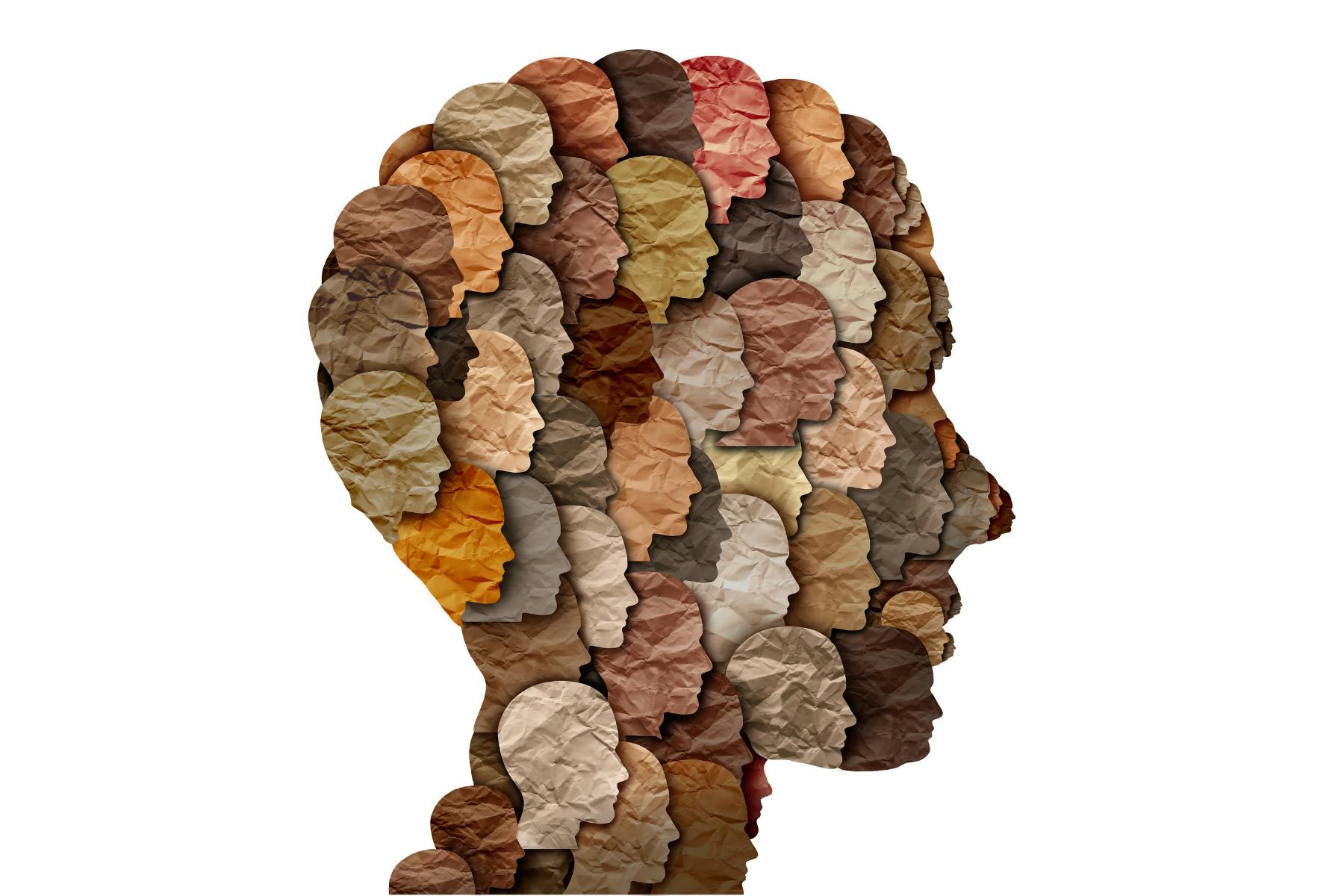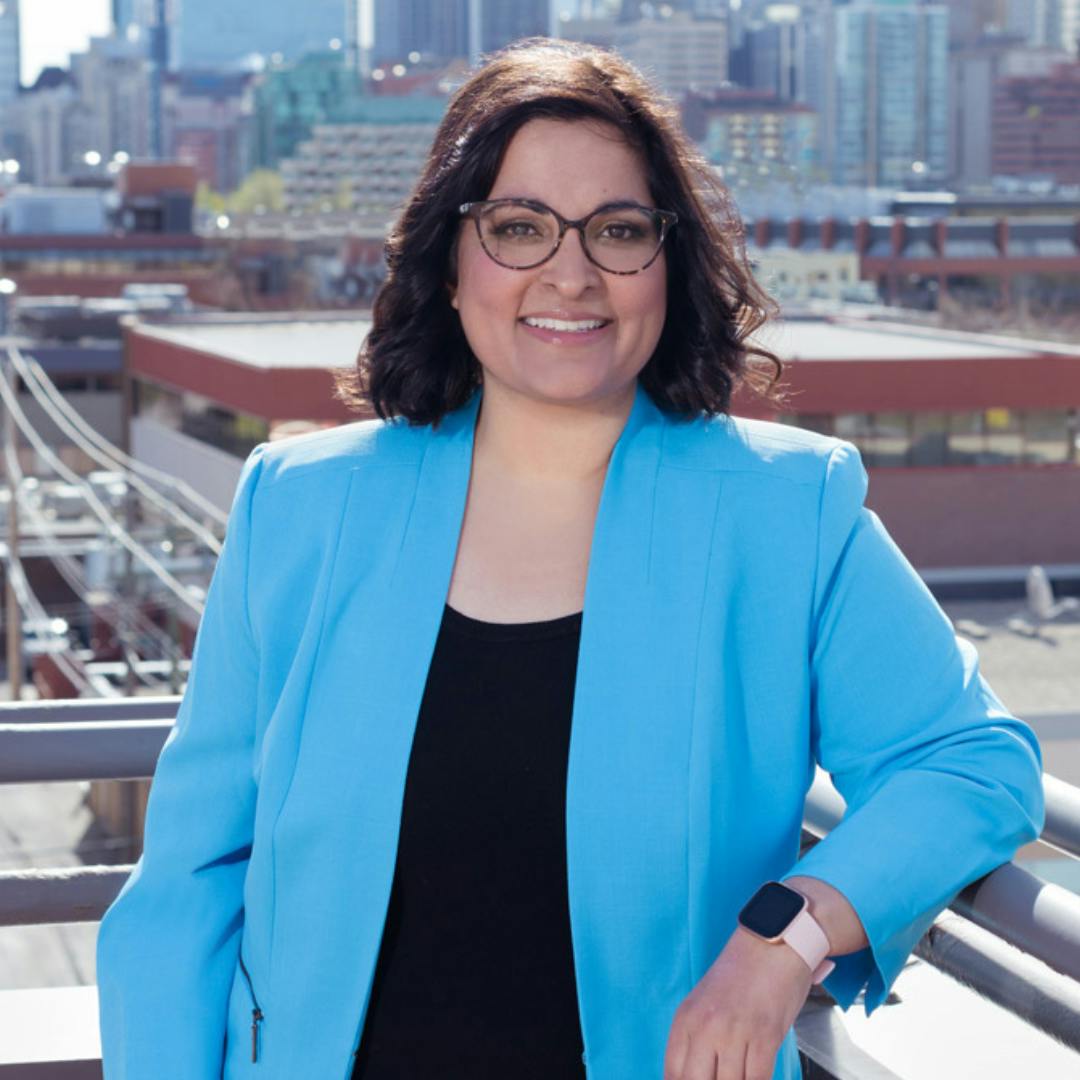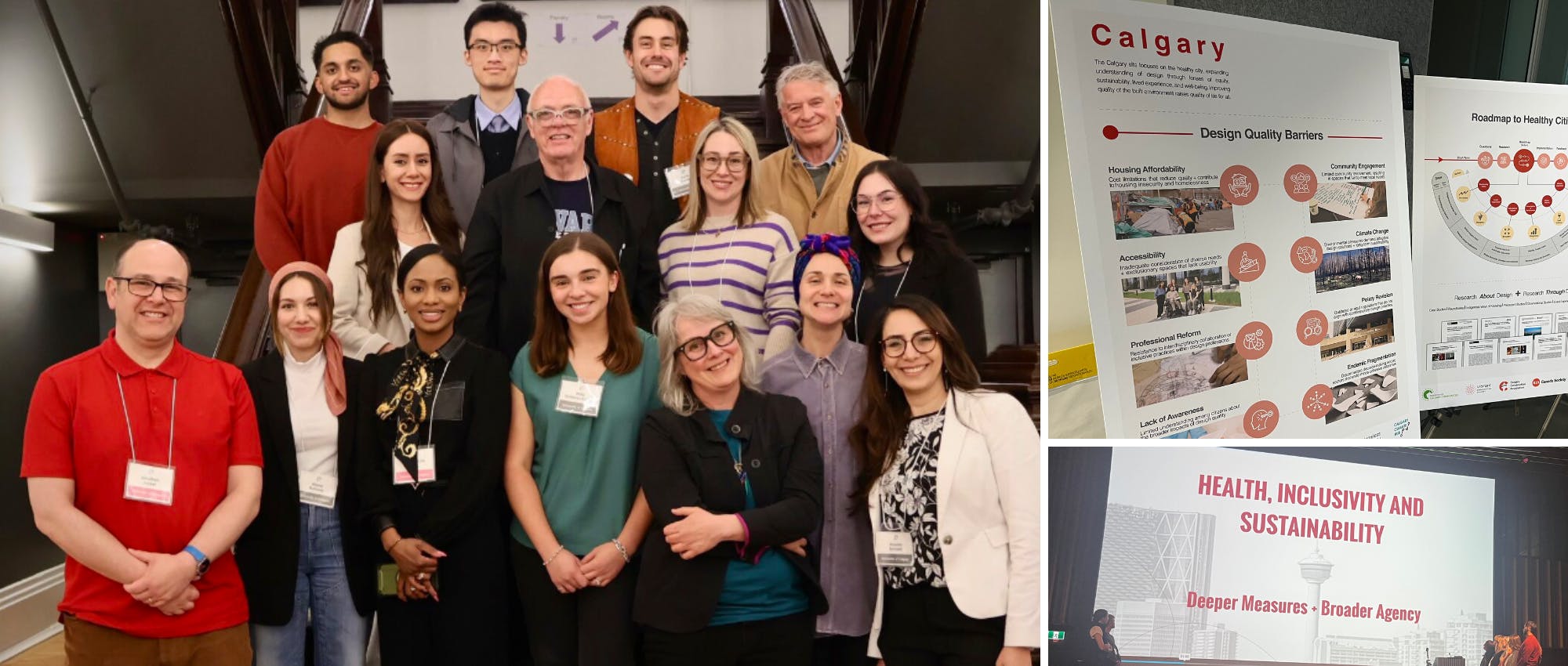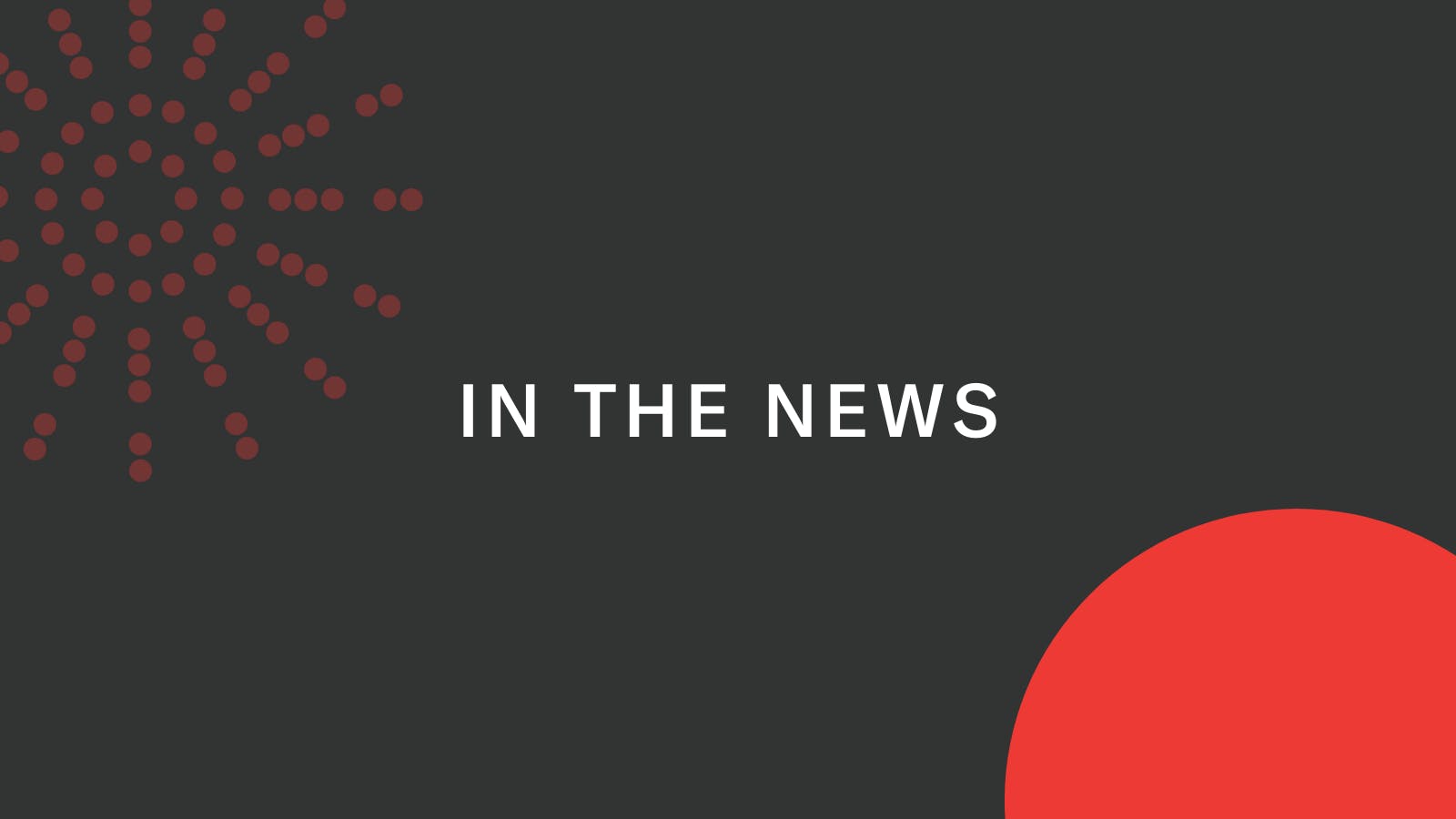What is allyship? The Calgary Foundation says it’s “about disrupting oppressive spaces by educating others on the realities and histories of marginalized people.”
Why is this work important for VCC? Systemic racism, ageism, sexism and exclusion make it more difficult for many Calgarians, including Indigenous peoples, new Canadians, LGBTQTS+ people, visible minorities, people living with disabilities and aging populations, to access jobs and services, and to feel welcome and supported in the community.
VCC has been exploring allyship over the last year and we continued the journey with our Champions this week. The discussion delved into what allyship is, how it is part of Calgary’s Enough for All strategy and finally solid actions that can advance the work.
VCC’s Hagir Sail guided the discussion offering some tools like echoing the voices of lived experience, and tips for speaking up when you see something wrong. Attendees also discussed actions that can advance anti-racism and anti-oppression work, including things like purposefully incorporating the voices of lived experience in your workplaces and on boards.
“Allyship is difficult. There have been situations where a blatantly racist comment is said and no one speaks up, but then I receive emails after the meeting saying, ‘I can’t believe they said that’ or ‘I’m so sorry.’ In a meeting if there are barriers for people, speak up. I know it’s uncomfortable, but discomfort is necessary. Don’t tell me you’re an ally, show me through your actions,” said Hagir.




